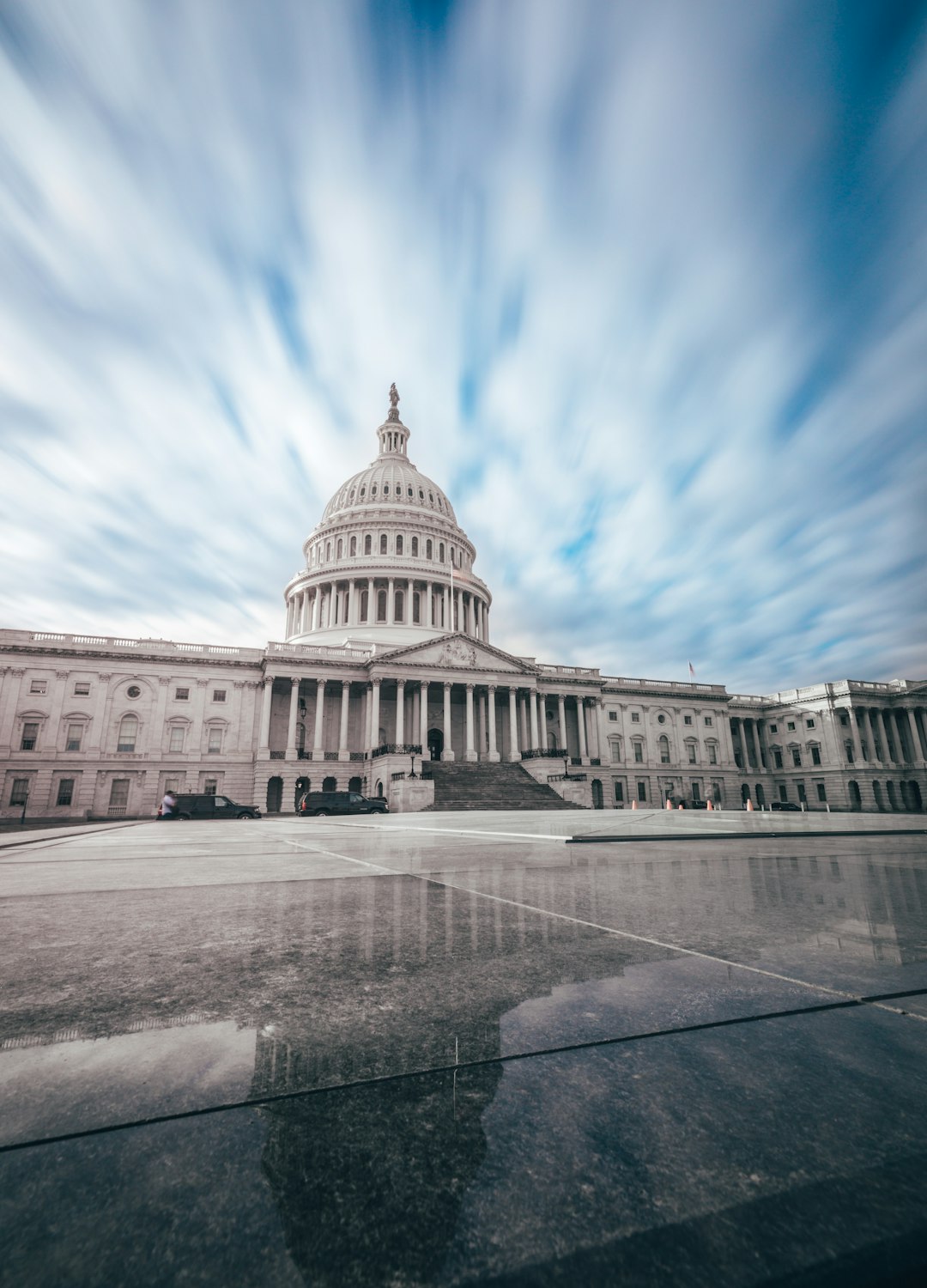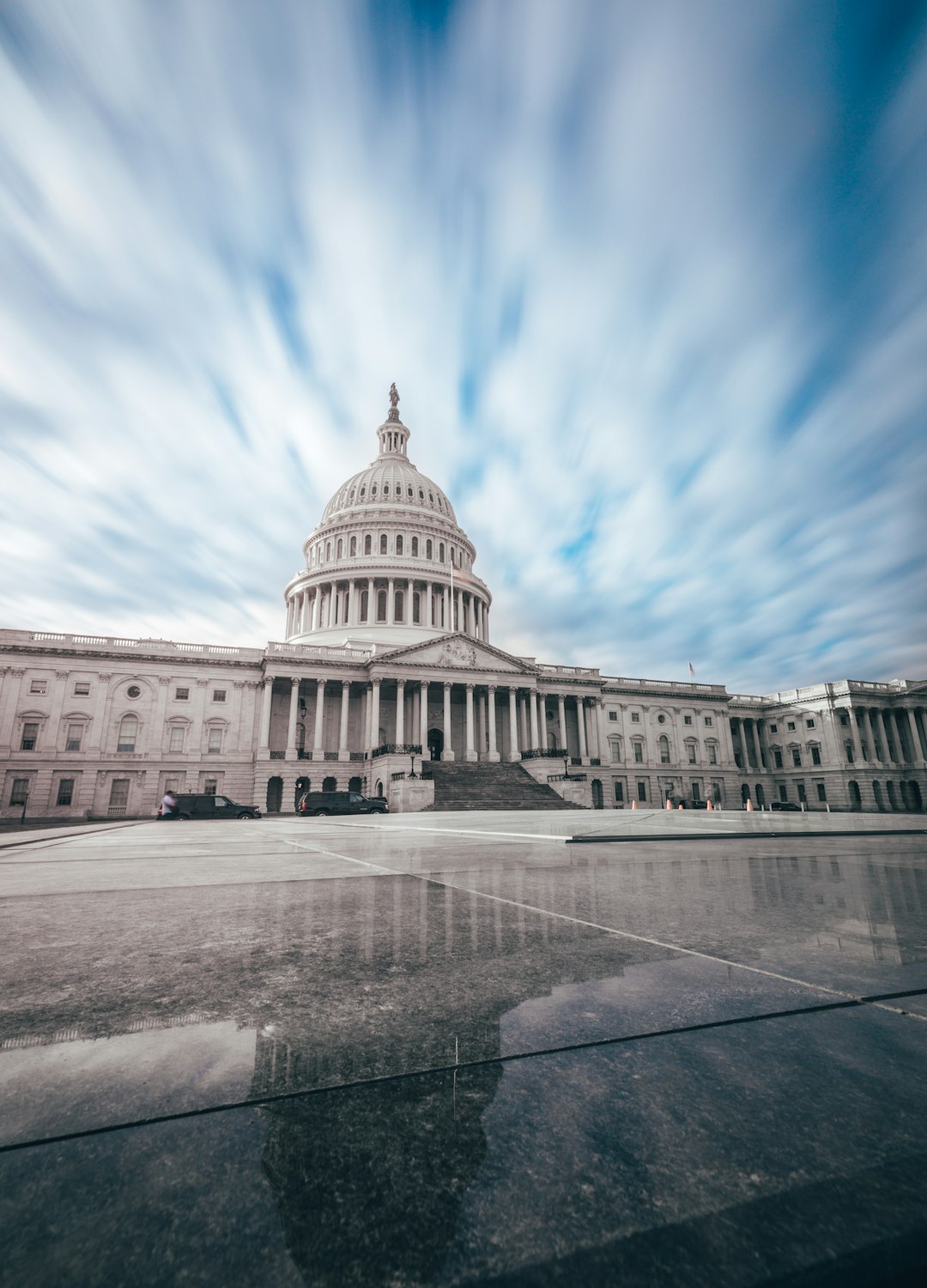In Washington state, the Telephone Consumer Protection Act (TCPA) and Mini TCPA law protect residents from intrusive telemarketing practices, including robocalls. Businesses must obtain explicit consent for automated calls and comply with strict do-not-call lists and privacy rights. Residents can register on the state's Do Not Call list and consult a Do Not Call Lawyer Washington for tailored legal guidance to block unwanted calls and exercise their consumer rights effectively.
In Washington, the Mini TCPA law is a powerful tool against intrusive unsolicited calls and robocalls. This legislation complements the broader Do Not Call laws, offering consumers additional protection against unwanted telemarketing practices. Understanding the TCPA Law and its specific implications for robocalls is crucial for both businesses and residents of Washington to ensure compliance and protect privacy rights. Engage with this guide to learn how to navigate these regulations effectively, especially as a Do Not Call Lawyer in Washington.
Understanding the TCPA Law and Its Impact on Unwanted Calls in Washington

In Washington, the TCPA (Telephone Consumer Protection Act) is a powerful piece of legislation designed to curb unwanted and deceptive telemarketing practices. This federal law sets strict guidelines on how businesses can make phone calls, with a particular focus on preventing robocalls and unsolicited sales pitches. The TCPA gives consumers significant rights, including the ability to sue companies that violate these rules.
For Washington residents, this means that businesses must obtain explicit consent before placing automated or prerecorded calls, often referred to as robocalls, for marketing purposes. Moreover, the law restricts calls made using automated dialers without prior express written consent and places restrictions on the content and timing of calls to minimize consumer disruption. Do Not Call Lawyer Washington can provide guidance on navigating these regulations, ensuring businesses comply while offering protection for residents from intrusive or illegal telemarketing activities.
What Does the Mini TCPA Law Cover?

The Mini TCPA law, a localized adaptation of federal regulations, is designed to protect Washington residents from unwanted phone solicitation and robocalls. This legislation covers a range of activities, primarily focusing on limiting unsolicited telephone calls and pre-recorded messages sent without prior consent. The law applies to businesses and individuals making such calls within the state of Washington, mandating strict adherence to do-not-call lists and consumer privacy rights.
It ensures that residents can enjoy their peace and quiet without being bombarded by relentless sales calls or robocalls. Any violation of these regulations can result in significant penalties for offenders, making it crucial for businesses and call centers to employ robust compliance measures. This includes obtaining explicit consent from recipients before initiating automated calls and providing clear opt-out options, thus empowering Washingtonians to take control of their communication preferences.
Protecting Consumers: How to Handle Robocalls and Maintain Your Privacy Rights

In Washington, the Mini TCPA law plays a pivotal role in safeguarding consumers from relentless robocalls and unsolicited telephone marketing calls. As a responsible resident, understanding your rights is essential to maintaining privacy and peace of mind. If you’re receiving nuisance calls, take proactive steps to protect yourself. One effective strategy is to register your number on the state’s Do Not Call list, which blocks most telemarketing calls.
Engaging the services of a qualified Do Not Call Lawyer in Washington can be beneficial when dealing with persistent robocalls. These legal experts can offer guidance tailored to your situation, ensuring you exercise your rights effectively. By implementing these measures, residents can enjoy a quieter, more secure communication environment while keeping their personal information private from unwanted caller attention.






